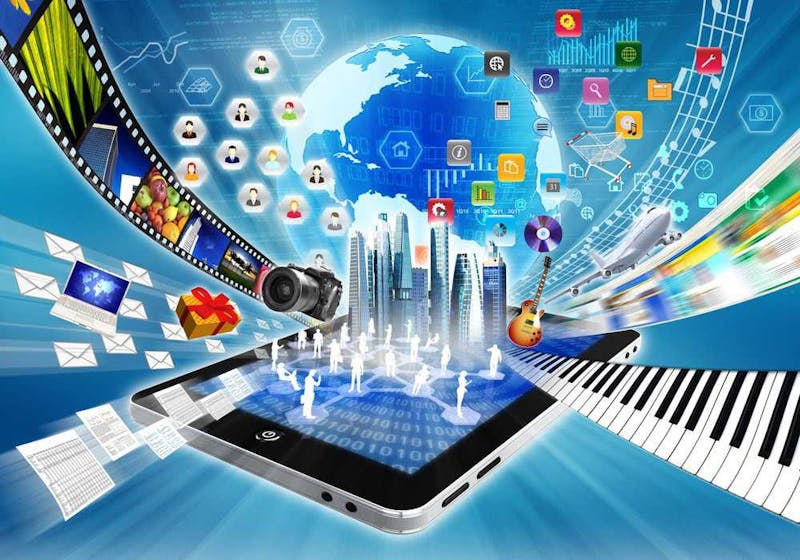A Monday Laugh

Do you remember the days when “to back up” used to mean you missed the parking spot and needed to reverse your car; your desktop was a solid piece of furniture where you put flowers to make it look pretty; or a tweet had to do with a kind of bird; google was closely related to a funny ball being bowled in cricket; and a blue tooth meant a serious visit to the dentist; or a website or mouse had to do with spiders and rodents?
Nowadays these words seem to be the norm and get used often in every day or work-related situations:
Plugin, blog post, #hashtag, tweet, URL, meta description, download, upload, backup, reboot, QR code, SEO, socket, hard drive, motherboard, software, hardware, Google, a widget, Facebook, Twitter, Pinterest, Instagram, status, like, share, comment, friend request, unfriend, desktop, click, right-click, click-and-drag, iPad, iPod, docking station, WiFi, connectivity, byte, megabyte, data bundle, broadband, email, domain, kindle, e-books, iCloud, online, offline, flight mode, sleep, post and the one that brought it all to life: the web.
My grandmother always stated she was born in BBC: born before computers. How many of these words would she still be able to understand? How would she fare in a conversation of today’s technological age?
Where are we going in our electronic / computer revolution? How long before we stop understanding the gadgets our children use or they are talking about?
I get anxious and break out into a cold sweat every time I have to remember a specific username and password. Every new account sign up requires you to supply a password. One for all is simply not good enough either - now we need to have a unique password for each new signup. Requirements for passwords also differ and become more stringent as technology becomes more sophisticated: "must contain uppercase and lowercase characters, must contain special characters, must be longer than 8 characters and must have at least 1 number". So my good old faithful password is not applicable anymore. Often my computer even rates my carefully chosen password to the specific level of security. On request, it even offers its own, never-to-be-remembered passwords that can be automatically generated. You need to keep a careful log of these specific passwords in order to access your files or accounts, otherwise, you have no access to your electronic mail, banking or other data.
We have come from hieroglyphics on papyrus, to words chiselled into slate, to ink on paper, to the typewriter, to the computer. Where will it end?
Will we live in our room and communicate with the outside world, find friends/partners, exchange experiences, read books, play games, play sports, bank online, send emails, share pictures over the cloud, work remotely and do all this without actually speaking to another human being as we rely on our electronic equipment? Shockingly enough we already do many of these things without any physical human interaction.
But, in the present good old RSA, we might have a temporary solution for this frightening scenario: Eskom. As we all know none of our gadgets work without power... So might there be something positive to be said about load shedding?
More to the point: we are human beings that relate and communicate with one another. We do have emotions, passion, energy and purpose that drive our lives. Our computers make the world more accessible; we have access to a whole lot of information and we can share all of this information. So do learn the new lingo, use the electronic gadgets to your advantage, but do not forget to interact with your fellow human beings!
Get out there and network with people. By all means, use your gadgets, but don’t rely solely on them! Take action! Make a human connection! Remember to stay connected!
Live life, love life and pay it forward!


